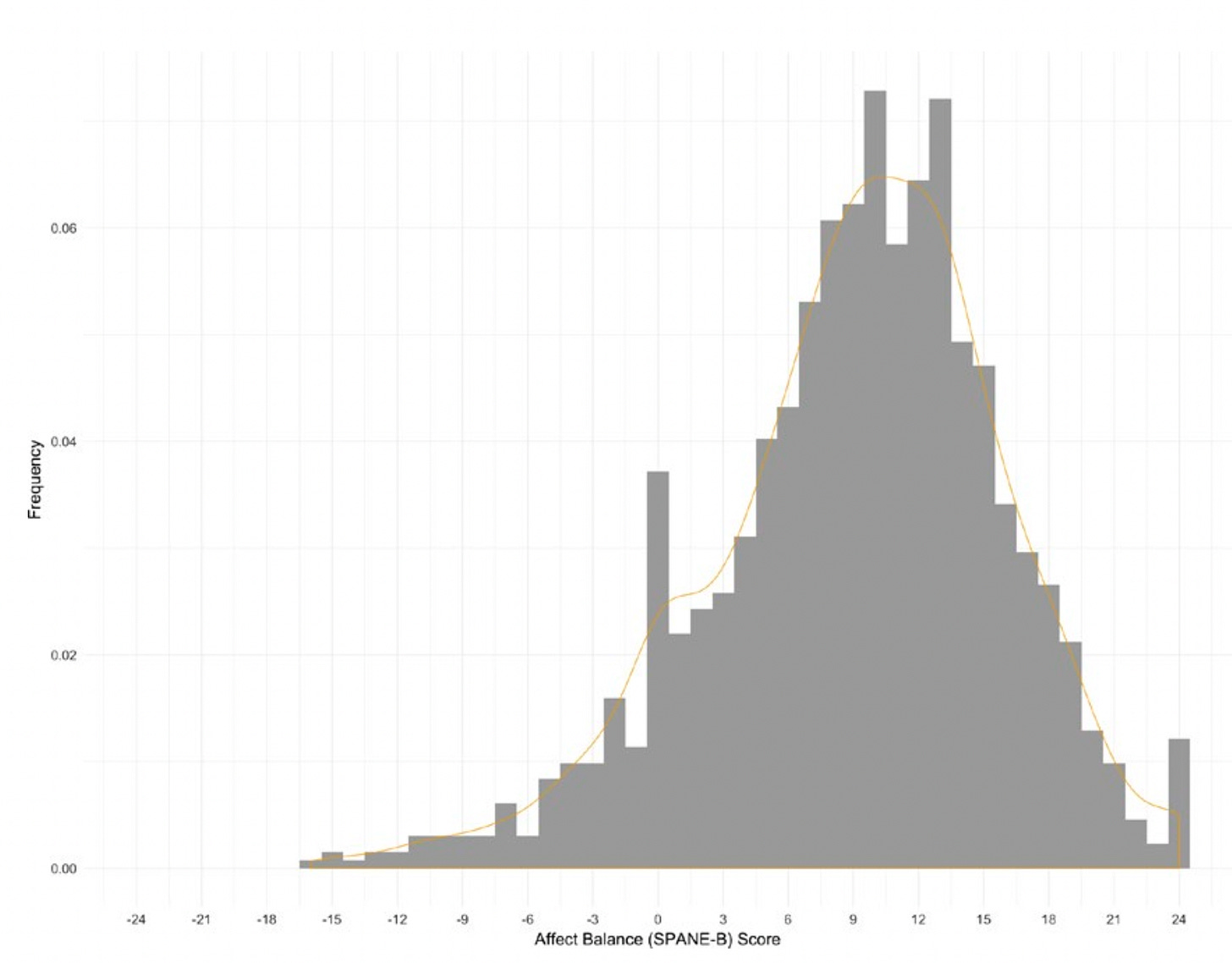RDEL #21: Does happiness actually make developers more productive?
This week we dive into developer happiness, and look at whether research can show that happy developers are more productive.
Welcome back to RDEL - each week, we pose an interesting topic in engineering leadership, and apply the latest research in the field to drive to an answer.
👩💻❤️ This week, we consider how developer happiness relates to productivity. While many studies show that employee well-being and happiness contributes to a healthy team culture, we’ll dive into one specific aspect of happiness and ask: does happiness actually make developers more productive?
The context:
Developer happiness has been a frequently discussed topic for many years. In 2016, Nicole Forsgren’s famous book, Accelerate, introduced a number of topics about how well-being directly impacts developer happiness. Later, in 2021, a team of researchers (including Dr. Forsgren) published the now-famous SPACE framework, which includes developer satisfaction as a core component of developer productivity. Researchers have converged on the perspective that focusing on developer happiness leads to improved outcomes, but today we’ll focus on how happiness impacts productivity.
The research:
Researchers Daniel Graziotin and Fabian Fagerholm study and discuss this topic in Rethinking Productivity in Software Engineering. The team had previously determined that happy developer solve better problems, and that there is some relationship between affect and developer productivity. To determine whether happy developers are actually more productive, they designed a broad organizational study with 1,318 complete and valid responses to a series of questions on happiness and productivity. They looked at the distribution of happiness across their cohort, and then mapped the top causes and consequences of unhappy developers.
Notable results from the first experiment were:
When asking developers what causes unhappiness, controllable factors in the workplace are mentioned four times as often as personal factors.
The three most frequent causes were being stuck in problem-solving, time pressure, and working with bad code practices.
Unhappy developers were linked to lower cognitive performance, more frequent interruptions in flow (or intense concentration), and decreased motivation.
Then, to specifically answer whether happy developers are more productive, researchers took 42 computer science students and measured both their happiness as well as their results in an algorithmic design problem. The results showed that the happiest software engineers had a performance increase of 6%.
Finally, researchers had eight software engineers work on a real-world software project and periodically assess their happiness and productivity throughout the project. Across the board, they found that higher pleasure with the programming task were positively correlated with increased sense of productivity.
The application:
Investing in well-being is not only about improving culture and tenure, but also about improving the productivity of your team. Happy engineers solve problems more effectively, are more motivated, and build better products.
As a manager, the most impactful way to apply this information is to include developer happiness (or satisfaction) as part of your assessment of team productivity. Productivity frameworks like SPACE offer guidance on how to comprehensively measure productivity using both system metrics and developer perspective. The most common way to do this is by leveraging developer surveys, either through designing your own or using a research-backed tool to run them. We’ll cover developer surveys in an upcoming RDEL.
Use these tips to build happier, more productive engineering teams. Have a great rest of the week!
—
Lizzie
From the Quotient team




